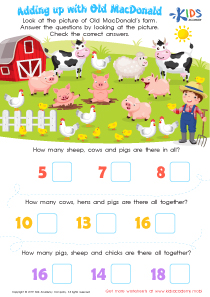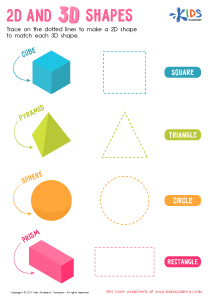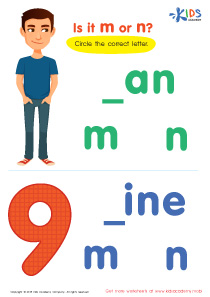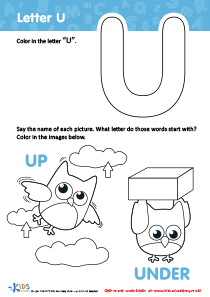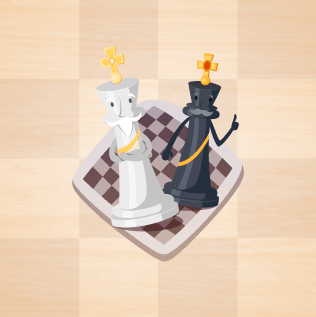Chess Lessons | Chess Basics for Ages 3-5
6 results
Introducing our enchanting Chess Basics course designed specifically for children aged 3-5! Our unique program combines interactive worksheets, captivating educational videos, and engaging assessment quizzes to introduce your little ones to the world of chess in a fun and comprehensive way. Tailored to young minds, this course makes learning the fundamentals of chess an enjoyable and memorable experience. From understanding the chessboard to recognizing each chess piece and its movements, our Chess Basics for Ages 3-5 curriculum is your child's perfect starting point into the exciting world of chess. Enroll your child today and watch them embark on a journey of strategic thinking and creativity!
Unleashing Potential: How Chess Basics for Ages 3-5 Fosters Academic Growth
In the vibrant world of early childhood education, it is essential to introduce young minds to activities that not only captivate their imagination but also lay a solid foundation for lifelong learning. Chess, often perceived as a complex game for adults, has been uniquely tailored to suit the intellectual and emotional bandwidth of preschoolers through our specialized program, Chess Basics for Ages 3-5. This innovative program, designed with interactive worksheets, educational videos, and assessment quizzes, extends far beyond the chessboard, offering myriad benefits that bolster academic and cognitive development in young learners.
Cultivating Focus and Attention
One of the most significant challenges faced by educators and parents of children aged 3-5 is fostering an environment that nurtures focus and attention. Our Chess Basics program directly addresses this challenge by engaging children in a structured yet entertaining format that naturally enhances their ability to concentrate. As these young learners delve into the world of chess, moving from pawns to kings, they inadvertently train their minds to stay focused on tasks at hand, a skill that translates exceptionally well into their academic studies.
Enhancing Problem-Solving Skills
Chess is inherently a game of strategy and problem-solving. Through our program, children are introduced to basic chess principles in a manner that sparks their curiosity and encourages them to think critically. The interactive worksheets and quizzes are designed to challenge their young minds subtly, prompting them to find solutions and anticipate outcomes. This early exposure to problem-solving not only improves their chess game but also equips them with a mindset that thrives on challenges, a quality that is invaluable in their educational journey.
Boosting Memory and Cognitive Development
The structured learning approach in Chess Basics for Ages 3-5 plays a crucial role in enhancing memory and cognitive skills. By remembering the roles of different chess pieces and recalling the rules of the game, children strengthen their memory muscles, which are pivotal for academic success. Educational videos incorporated into the program further reinforce this learning, ensuring that visual and auditory learners alike benefit from the lessons. As children progress through the program, the improvement in their memory and cognitive capacities becomes evident, not just on the chessboard but in their overall academic performance.
Fostering Social-Emotional Growth
Beyond cognitive and academic benefits, Chess Basics for Ages 3-5 nurtures essential social-emotional skills. Chess, being a respectful game that requires turn-taking and understanding of the opponent's perspective, teaches children patience, empathy, and sportsmanship. These social-emotional skills are critical for a harmonious classroom environment and for developing healthy interpersonal relationships.
In Conclusion
Chess Basics for Ages 3-5 is more than just a program about learning chess; it's a holistic educational tool that supports early childhood development in multiple dimensions. By integrating interactive worksheets, educational videos, and assessment quizzes, the program not only makes learning chess accessible and enjoyable for preschoolers but also serves as a powerful catalyst for academic and personal growth. As children embark on this journey, they unlock their potential, one chess move at a time, setting a strong foundation for their future studies and successes.
